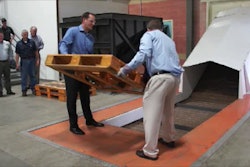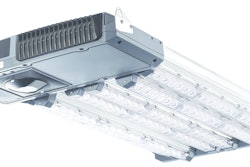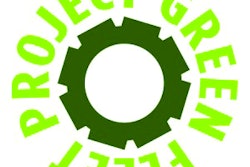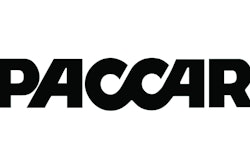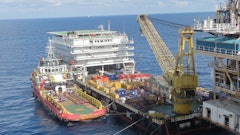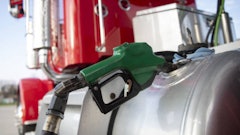Farmington: The increasing price of gas, combined with natural gas being cheaper than it has been in more than 10 years, has businesses from transportation companies to waste management considering natural gas-fueled vehicles.
One issue with converting is that it's much like the classic question: What came first, the chicken or the egg? Without the infrastructure such as compressed natural gas filling stations, a converted fleet would be useless.
But without businesses converting their fleets, building the infrastructure is a waste of money. All that may be about to change.
The New Mexico Natural Gas Vehicle Coalition, a collection of oil and gas companies, alternative fuel vehicle experts and local officials, was in Farmington on Thursday discussing the feasibility of building a compressed natural gas filling station in the city.
The station likely would be primarily used by local business fleets and a few city vehicles, but if it were built, the chance of a public station coming would be much greater.
Beyond its low price, natural gas is also attractive because it's a much cleaner burning fuel and would greatly reduce vehicle emissions.
"The interest has really gone up and down over the last couple years," said Jim Dumont, of Sen. Jeff Bingaman's office. "Local municipalities have expressed their desire to make the transition."
Farmington officials are interested. "If a fueling station was built, we would likely proceed with a prudent final feasibility analysis into a pilot program," said City Manager Rob Mayes, who attended the coalition's luncheon. "We would not convert overnight, but we would begin a thorough pilot program to assess the value to the taxpayer."
The interest in using compressed natural gas to fuel vehicles isn't limited to local entities. In fact, New Mexico is part of a 13-state coalition exploring how to best use the cheap and clean fuel.
In response to the increased interest, all of the large auto manufacturers have plans to start producing natural gas vehicles by the end of the year.
"We are very encouraged by the fact that all of the large auto manufacturers will have CNG vehicles coming off the assembly line that are warranted and permitable," Mayes said. "It's a much more attractive option than converting, not just because of the cost, but because of permitting and safety."
Natural gas vehicles aren't a new idea, but until recently interest in converting was low. Frank Burcham of the U.S. Department of Energy's Clean Cities Program has worked to increase the number of vehicles running on alternative fuels since 1993.
"Right now there are more than 800,000 alternative fuel vehicles on the road in the U.S.," Burcham said. "It may sound like a lot but it's actually not very much. We are dwarfed by countries like India, Croatia and Russia."
A big issue for building a fueling station is the cost, approximately $1 million. For entrepreneurs to take on such a large financial burden there would have to be a demonstrated need in the community.
"In getting started there needs to be a market development phase," Burcham said. "It's important to know how many vehicles and how much fuel they use. It's also important to know how often they are going to fuel up."
While natural gas vehicles are better for the environment and burn cheaper fuel, there are trade-offs, and the higher cost of the vehicles offsets much of the savings in fuel.
One of the largest trade-offs is that compressed natural gas takes up more space, so tanks have to be larger or vehicles can't drive as far between fuel-ups.
"The economics are reasonable," Mayes said. "It's probably at minimum a break-even proposition, which leaves us the upside of the vehicles being better for the environment. There is also the economic advantage of us directly supporting the natural gas industry, which is critical to our economy."
Source: The Daily Times, Farmington, NM
By: Kurt Madar




